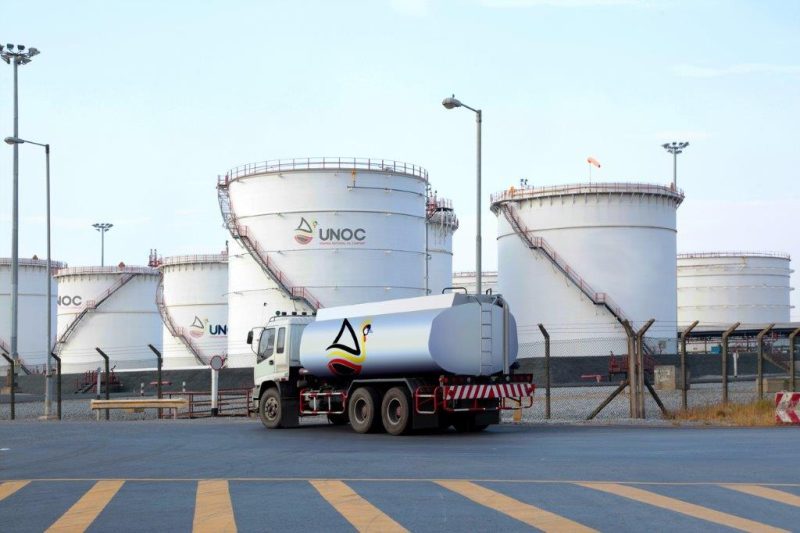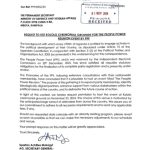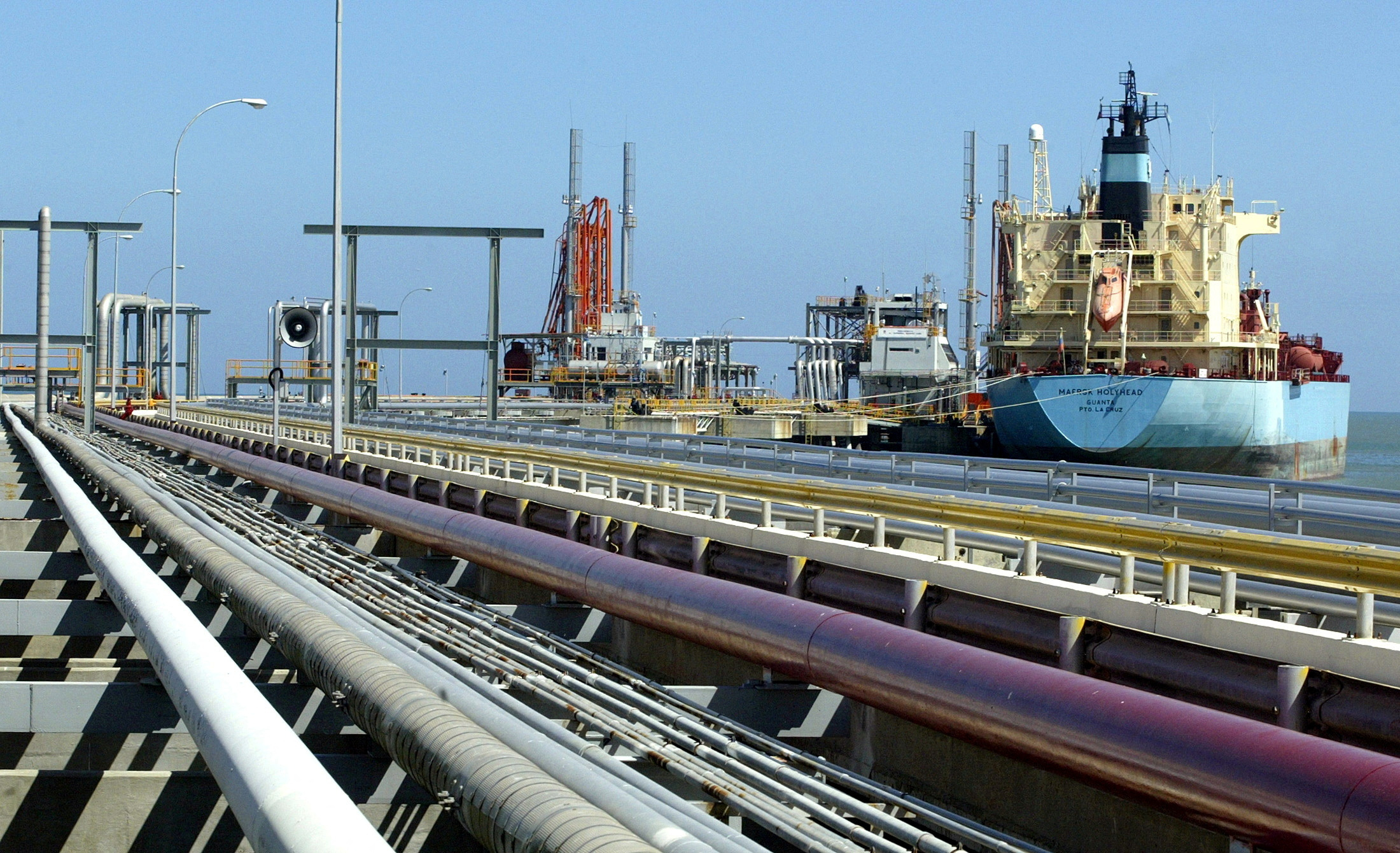(Jinja) – Uganda’s Minister of State for Economic Monitoring, Beatrice Akello, has expressed appreciation for the Uganda National Oil Company (UNOC)’s efforts in stabilizing fuel prices across the country. According to Minister Akello, Uganda previously struggled with fluctuating fuel prices due to the practices of some private fuel dealers, who reportedly hoarded fuel supplies to create artificial shortages and inflate prices for profit.
“Previously, fuel dealers would play games by hoarding stock to create a crisis. They would then sell the little fuel on the market at exorbitant prices, thereby earning huge profits,” Akello stated. She explained that since UNOC assumed management of fuel storage terminals, incidents of hoarding and crisis pricing have subsided significantly. “Whenever there is a shortage, UNOC releases fuel in its tanks to the market, and there is no crisis,” she added.
Akello made these remarks during a visit to the Jinja Storage Terminal (JST) on Friday, November 8, 2024, as she assessed the performance of government projects, including facilities overseen by UNOC. The Jinja Storage Terminal, which was established in the 1970s as a strategic fuel reserve, can store up to 30 million liters of fuel. This capacity allows UNOC to manage fuel availability in the market effectively, curbing shortages and controlling price fluctuations.
While at the JST, Akello was given a guided tour of the facility by Engineer Gershom Rwakasanga Kateera, the Terminal Operations Manager. During the tour, Akello expressed satisfaction with the operational status of the terminal, emphasizing that the facility’s performance under UNOC’s management has significantly contributed to fuel price stability in Uganda.
“I am glad that this storage facility is now in full operation, UNOC is doing a good job and we need to support them,” Akello remarked. She also mentioned, however, that her tours across various regions have revealed some areas for improvement within the oil and fuel sector. The minister noted specific challenges such as high transportation costs due to reliance on road transport instead of water transport, as well as issues surrounding fuel storage and taxation policies.
To address these challenges, Akello announced that a meeting involving industry stakeholders would soon take place in Kampala to discuss potential solutions. This meeting aims to explore more sustainable and efficient practices for Uganda’s oil and fuel sector.
Previously, the Jinja Storage Terminal was managed by UNOC in partnership with One Petroleum Limited (OPL) through a joint venture established in 2017. However, on December 23, 2022, UNOC assumed full management responsibility, positioning itself as a key player in the effort to maintain a stable and accessible fuel market in Uganda.
| UNOC’s Role in Stabilizing Fuel Prices | |
|---|---|
| Previous Issue | Fuel dealers hoarded stock, causing price spikes |
| UNOC’s Solution | Releases fuel from reserves to prevent shortages |
| Jinja Storage Terminal Capacity | 30 million liters |
| Established | 1970s |
| Full Management by UNOC | Since December 2022 |




















